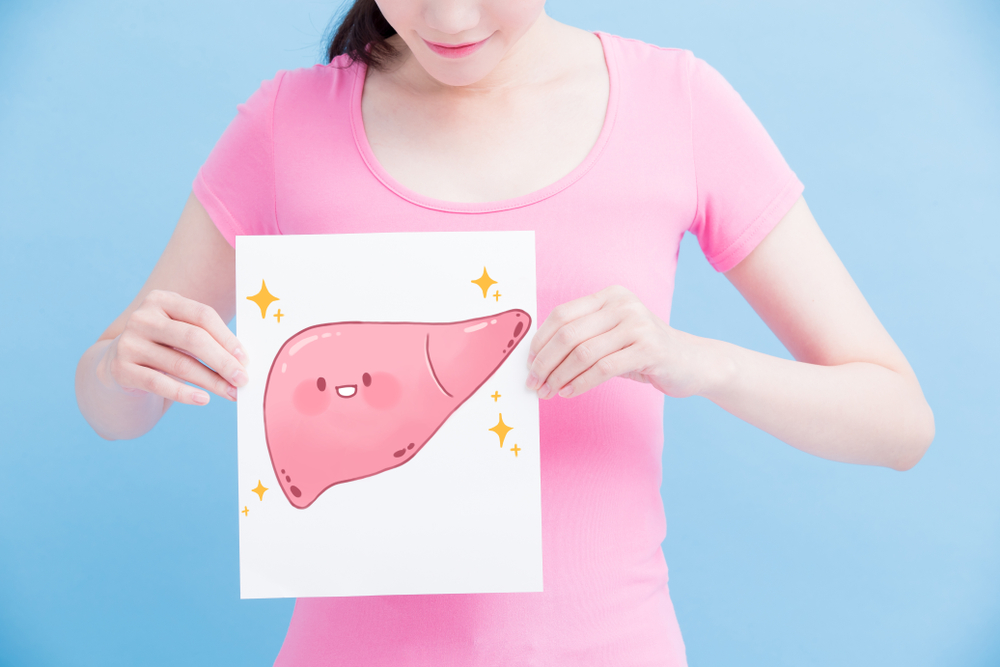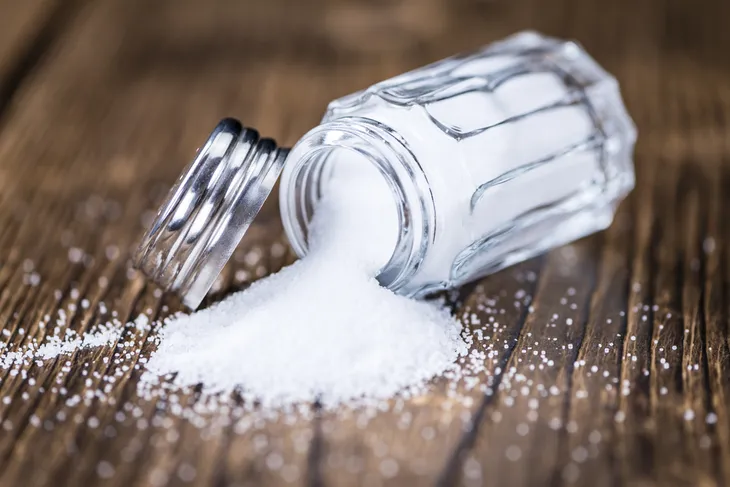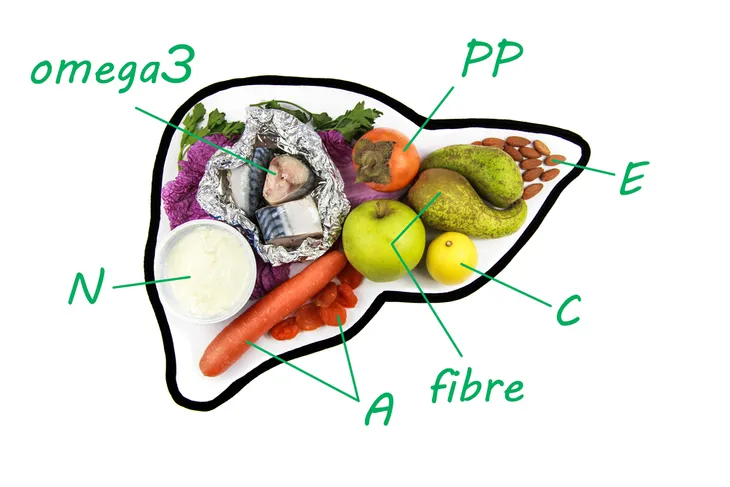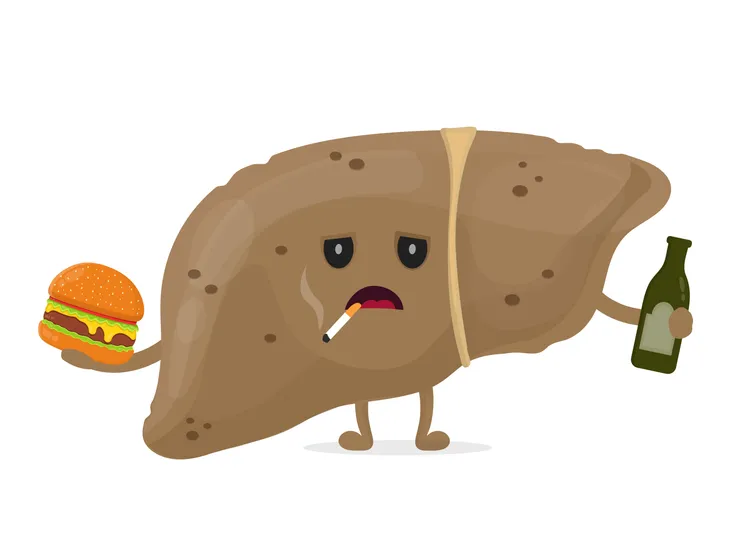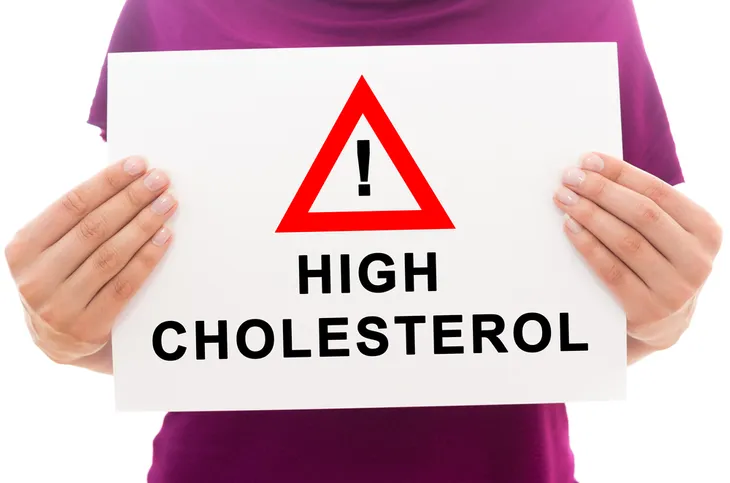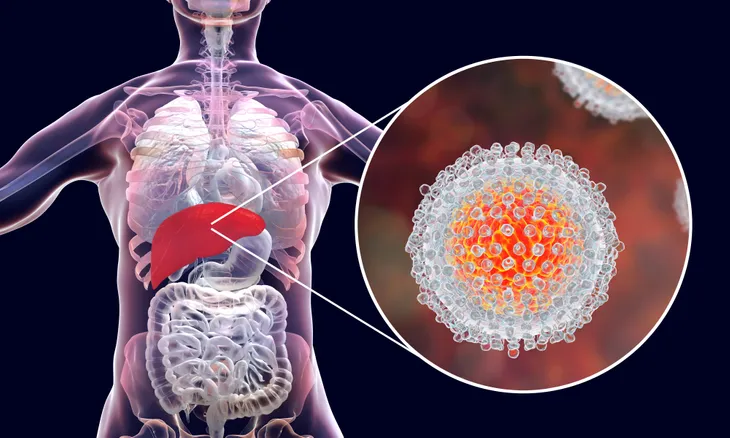The liver is a vital organ that converts food into essential nutrients. However, liver disease can develop silently and gradually over time due to several factors, including drug and alcohol addiction, toxins, obesity, sedentary lifestyle, medicines, viruses, hepatitis C or B, type II diabetes, and genetic predisposition.
According to the American Liver Association, roughly one in 6 Americans have liver disease. We need our livers for survival. Although there is no specific “liver diet,” the following nutritional tips may help prevent further damage, and support patients living with liver disease…
Lower Sodium Intake
Your doctor has likely already spoken to you about sodium intake if you have liver disease. However, sodium is a sneaky beast, sneaking into seemingly innocent sauces, salad dressings, and even your morning box of cereal.
To avoid excess salt, you have to monitor exactly what ingredients go into the foods you are eating. This might mean avoiding processed foods and sticking to fresher foods to ensure liver health.
Regular Exercise
Akin to diet, regular exercise supports energy and gives the body’s essential organs the vitality they need to function more efficiently. According to the American Liver Association, obesity can contribute to the development of fatty liver disease.
If you lead a sedentary lifestyle, you may be more at risk of weight gain as compared to those who exercise regularly. Also, regular exercise is linked to stronger immune health, which will ward off viruses and further protect your liver.
Weight Training
According to a joint study at Haifa University and the Tel Aviv Medical Center, resistance training can help improve the damage done by nonalcoholic fatty liver disease (NAFLD).
The researchers monitored a group of 82 participants, aged 20 to 65-years of age, who lacked the vigor for cardio exercise, but who could perform 40 minutes of weight-bearing exercise three times per week. With no dietary changes, the weight lifters significantly lowered both cholesterol levels and liver fat content.
Limit Alcohol
According to a large body of scientific research, excessive, long-term alcohol consumption has a major impact on the development of alcohol-related liver damage.
Dr. Jacquelyn Maher, Associate Professor of Medicine at the University of California, San Francisco, claims that a large proportion of heavy drinkers with liver damage will eventually develop alcoholic hepatitis or cirrhosis due to continued alcohol abuse, and diet, as well as associated gender and hereditary factors.
Follow Medication Directions Closely
Although acute liver failure due to drugs is infrequent, the incidence is much higher with over-the-counter drugs vs. prescription medications.
Research from the University of Pennsylvania’s Perelman School of Medicine analyzed data from 5,484,224 drug-using patients, 62 specifically with acute liver failure. Findings identified herbal and dietary supplements, antibiotics, and acetaminophen as the main over-the-counter medications that lead to acute liver failure.
Eat a Well Balanced Diet
According to the British Liver Trust, healthy, well-balanced diets are vital for anyone will liver issues since nutrition is linked closely with liver function and overall health and wellness. If you suffer from a chronic liver condition, a well-balanced diet will help you to improve energy, and immunity, as well as a healthy body weight to prevent further liver decline.
If you have liver disease, working closely with your doctor or registered dietitian and adhering to a well-rounded diet with a good balance of nutrients can help manage your symptoms and prevent advanced liver disease.
What to Avoid
Going off the last slide which encourages liver disease patients to eat a well-balanced diet full of foods with fiber and lots of water, there are also certain foods that should be avoided. The American Liver Foundation encourages patients to avoid eating any foods that are high in fat, sugar, and salt. Basically, stay away from any foods that are overtly bad for you! “Stay away from a lot of fried foods including fast food restaurant meals,” writes the source. “Raw or undercooked shellfish such as oysters and clams are a definite no-no.”
Lower Your Cholesterol
This tip is related to diet, as it requires patients to avoid foods high in saturated fat and sugar. These are the types of foods that will raise cholesterol and triglyceride levels, which is not good for liver disease patients. Luckily, this is something that can be managed through diet and exercise. “If diet and exercise aren’t enough to lower your cholesterol, ask your doctor about taking medication,” says Healthline.
Don’t Touch or Breathe in Toxins
While we should all try to avoid breathing or consuming any kind of toxins, it’s extremely important for liver disease patients to avoid being around chemicals that can be even more harmful to their liver. The Canadian Cancer Society tells readers to avoid aerosol cleaners, insecticides, and paint thinners. You should always wear a mask and gloves when dealing with any of these toxins, as well as be in a well-ventilated room.
You should also avoid smoking cigarettes because they can be damaging to the liver, says WebMD.
Be Careful with Dietary Supplements
We live in a world where everyone is trying to be more healthy and conscious about their health in general. This could lead to taking dietary supplements, but WebMD warns against them because some can be harmful to the liver. Cascara, chaparral, comfrey, kava, and ephedra are just a few of the dietary supplements to avoid if you have liver disease.
“In recent years, some herbs and supplements have hit the market that say they restore the liver, including milk thistle seed, borututu bark, and chanca piedra,” writes the source. Take any of this information with a grain of salt and always do your own research. “There’s never been any high-quality evidence that any of these [dietary supplements] promotes liver health,” says Ray Chung, MD, Medical Director of the Liver Transplant Program at Massachusetts General Hospital, to WebMD.
Always check with your doctor before starting any new supplements or over-the-counter medications.
Get Vaccinated
An important part of keeping the liver healthy is to prevent viral hepatitis as it can be seriously harmful to the liver. You might already know that they are several different types of hepatitis. Hepatitis A is contracted through eating or drinking contaminated food or water, says WebMD. Luckily there is a vaccine for hepatitis A, so all liver disease patients should talk to their doctor about getting this vaccine. The other two are hepatitis B and C which are transmitted through blood and bodily fluids. There is a vaccine for hepatitis B, but there isn’t a vaccine for hepatitis C. WebMD says the best line of defense, other than getting vaccinated when possible is to avoid sharing any personal hygiene products, such as toothbrushes, razors, or needles. You should try to limit the number of partners you are intimate with and always practice safe sex.
The source also encourages people to go get tested for any viral hepatitis. “Because it often doesn’t cause symptoms, you can have it for years and not know it. If you think you’ve had contact with the virus, talk to your doctor to see if you need a blood test,” writes WebMD.
Talk to Your Doctor
It cannot be stressed enough that people who are suffering from liver disease need to keep in contact with their doctor and attend regular follow-up appointments to ensure their health is on the upswing. Depending on what you, in particular, are struggling with, your healthcare team should have a follow-up plan devised that is unique to your needs, says the Canadian Cancer Society.
The source says all patients need to communicate with their doctor about what kind of treatments they’ve received. Anyone who is at risk for liver problems should have a physical exam every year to check for the enlargement of the liver and blood tests to monitor liver function.
